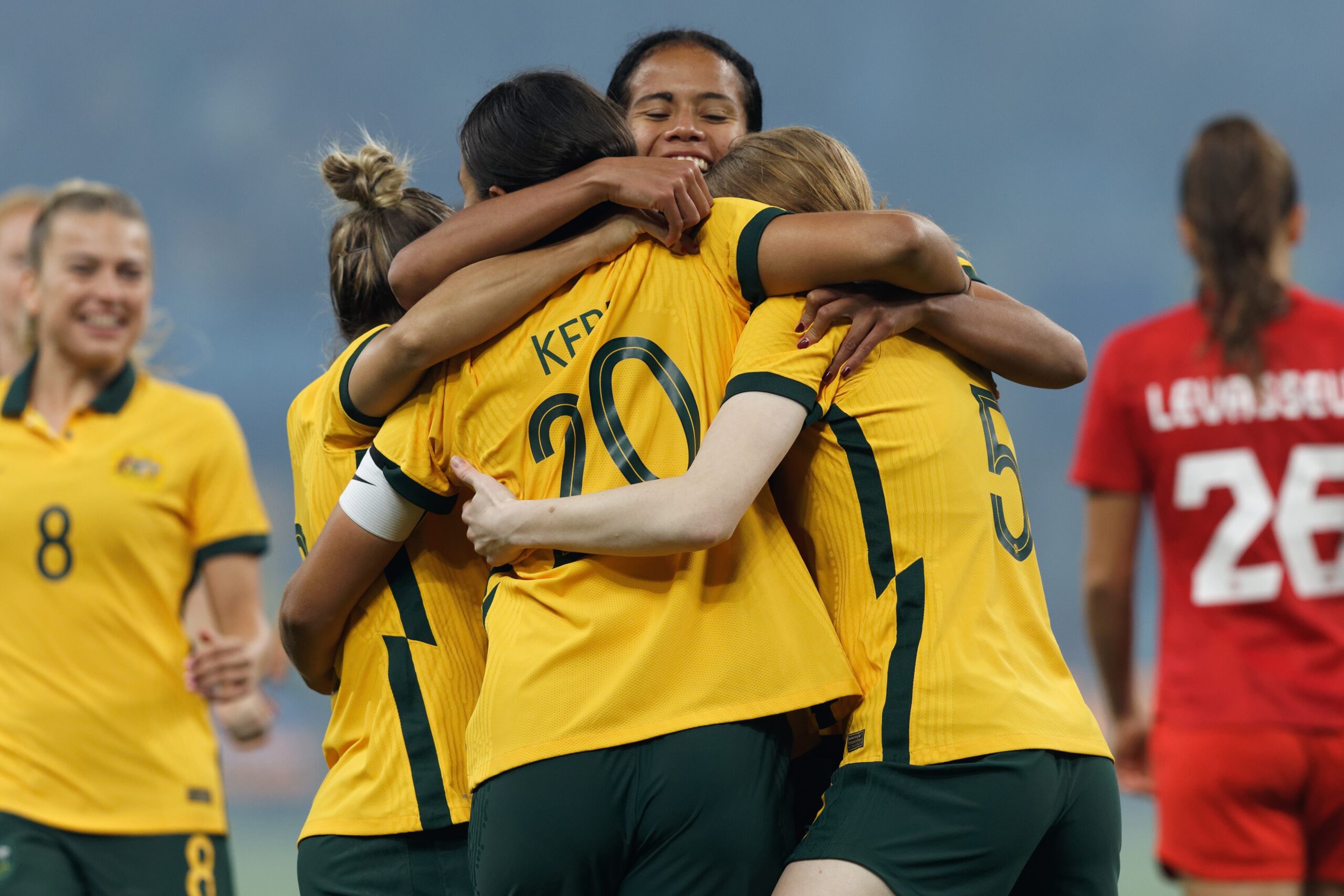Football Australia Explores Unprecedented Privatisation Plans Involving Matildas, Socceroos, and A-Leagues

Football Australia has ventured into uncharted territory by considering the sale of rights to the Matildas, Socceroos, and the A-Leagues for a whopping 99-year duration, marking a groundbreaking privatisation endeavour in Australian football.
Under the plan, a new legal entity, referred to as a “special purpose vehicle,” would have taken control of the sport’s major assets. Football Australia (FA) and the Australian Professional Leagues (APL) would have held the majority stake in this new entity, with a minority share up for sale to a new investor. This would result in FA and the APL each having a 50% stake in the majority holding.
The new entity would have gained ownership of domestic and international broadcast rights, sponsorship assets, merchandise, ticketing for the Matildas, Socceroos, A-Leagues, youth leagues, and e-sport leagues, as well as access to participant data across the entire Australian football pyramid.
Investors would buy into the entity and would also potentially bring digital, technological, and media expertise to the table. The profits generated by the entity would have been distributed among FA, the APL, and the investor over time.
The proposal envisaged that the rights held by FA and the APL would be granted to the new entity for a staggering 99-year period. Additionally, the investor would have had the option to request the listing of the new entity on the ASX through an initial public offering, based on draft terms presented for FA’s consideration.
While the proposal did not ultimately gain traction, it advanced significantly, with detailed financial modelling, market research, and tax advice being sought. Privacy concerns were central to the apprehension about the proposal, as the registration data of over 1.5 million Australians involved in football activities could have been potentially used for commercial purposes.
Another key concern was tax implications. FA operates as a non-profit organisation, and its surpluses are exempt from taxation. Profits generated by the special purpose vehicle might have been subject to taxation, potentially leading to revenue leakage. It was crucial to design the new entity in a way that preserved its tax-free status.
Football Australia also considered moving away from its current broadcast rights model and exploring the possibility of establishing a direct-to-consumer streaming service. However, market research indicated that this alternative monetisation strategy, priced at $25 per month, could yield profits of $40 million but was deemed commercially risky and was not pursued.
Similar attempts to sell stakes in national teams have faced controversy in the past. New Zealand Rugby sold a stake in its commercial arm, including rights to the All Blacks, to an American private equity firm for nearly $200 million last year. While Rugby Australia explored private investment but recently abandoned the idea due to funding challenges.
An FA spokesperson stated, “The consideration of a special purpose vehicle and other various models and commercial initiatives was part of Football Australia’s proactive strategy to think outside the box and consider various proposals to rejuvenate the business during what was a financially challenging period, specifically amidst the Covid-19 crisis. At that point, concerns about Football Australia’s financial position were widespread.”
“The primary objective was to explore numerous ways to grow commercial revenue for the game, including drawing inspiration from strategies implemented in various other sports around the world. While the exploration of such opportunities was crucial during the challenging times, Football Australia is not currently pursuing external investment.”
Beau Busch, Co-Chief Executive of Professional Footballers Australia, urged caution regarding the proposal, emphasising the players’ contribution to national teams and clubs. Busch stressed the need for players to be involved in discussions if there are modifications to how they deliver value.
Rather than proceeding with the special purpose vehicle, FA spun off the A-Leagues into the APL at the end of 2020, a move aimed at granting greater autonomy to the league and clubs while operating under FA’s regulatory guidance.
The demand for private equity ownership in sports leagues is on the rise, driven by the potential for increased profitability, capital infusion, and modernisation. While private equity firms bring substantial financial resources and expertise to the table, there is a catch. They also face challenges in reconciling profit motives with the traditions and values of sports. Striking the right balance between profitability and fan engagement will be a key challenge for private equity-owned sports leagues in the years to come. As the sports business continues to evolve, the role of private equity firms in shaping its future is likely to remain a topic of intense discussion and scrutiny.
It's free to join the team!
Join the most engaged community in the Sports Business World.
Get all the latest news, insights, data, education and event updates.






